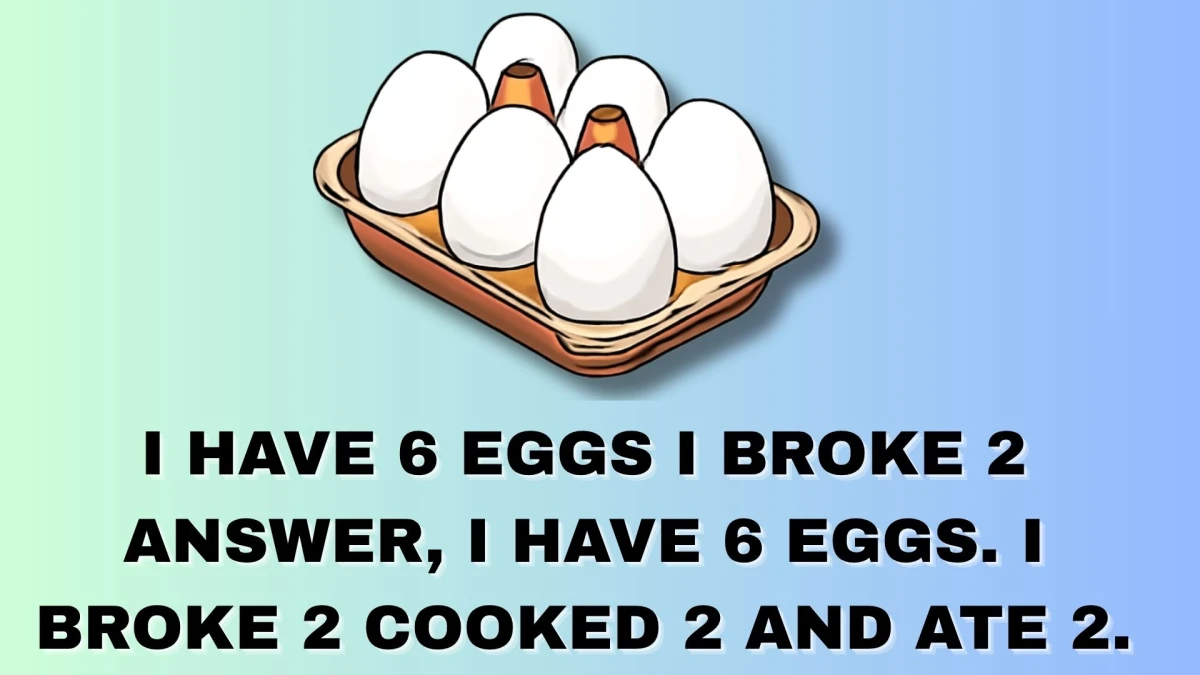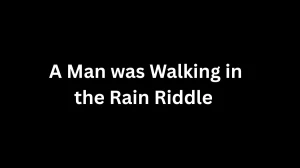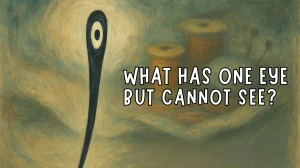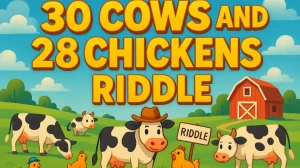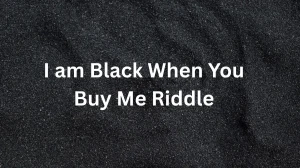I Have 6 Eggs Riddle
Riddles challenge our thinking and make us see everyday situations from new angles. The viral “I Have 6 Eggs” riddle has taken social media by storm because it looks simple but is surprisingly tricky.
Many people get stuck trying to figure out how many eggs are left after breaking, frying, and eating some. In this article, we’ll explore the riddle, reveal the most common answer, explain the reasoning behind it, and share an alternative interpretation that’s equally valid.
The riddle goes like this:
“I have six eggs. I broke two. I fried two. I ate two. How many eggs are left?”
At first glance, it seems like a basic math problem — start with six eggs, subtract those broken, fried, and eaten. But the riddle’s wording is cleverly designed to confuse and challenge your assumptions.
Hints to Solve the Riddle
If you’re struggling to solve it, here are some helpful hints:
-
Pay attention to the verbs: broke, fried, and ate. Could these actions apply to the same eggs?
-
Visualize the sequence: You start with six eggs, but the eggs you broke might be the same ones you fried and ate.
-
Think about what “left” really means: Does it mean leftover whole eggs, or eggs not eaten yet?
I Have 6 Eggs Riddle Answer
Some people interpret the riddle differently, leading to a second possible answer:
Six eggs are left.
This is because the riddle uses present tense (“I have six eggs”) but talks about breaking, frying, and eating in the past tense. If you think the breaking, frying, and eating happened before the statement “I have six eggs,” then all six eggs are still there now. The actions occurred earlier, and the eggs remain intact.
Why This Riddle Works: The Trick Behind It?
The riddle plays on assumptions about the sequence of actions and overlapping meaning. Most people naturally think each action applies to different eggs, but that’s not stated explicitly. The clever phrasing invites multiple interpretations, which makes it a perfect brain teaser.
Frequently Asked Questions (FAQs)
Can the answer be six eggs?
Yes, if you interpret that breaking, frying, and eating happened before the current moment.
Why is this riddle confusing?
The riddle’s ambiguous wording and tense cause different valid interpretations.
What’s the trick to solving riddles like this?
Pay close attention to wording, assumptions, and consider alternative meanings.

